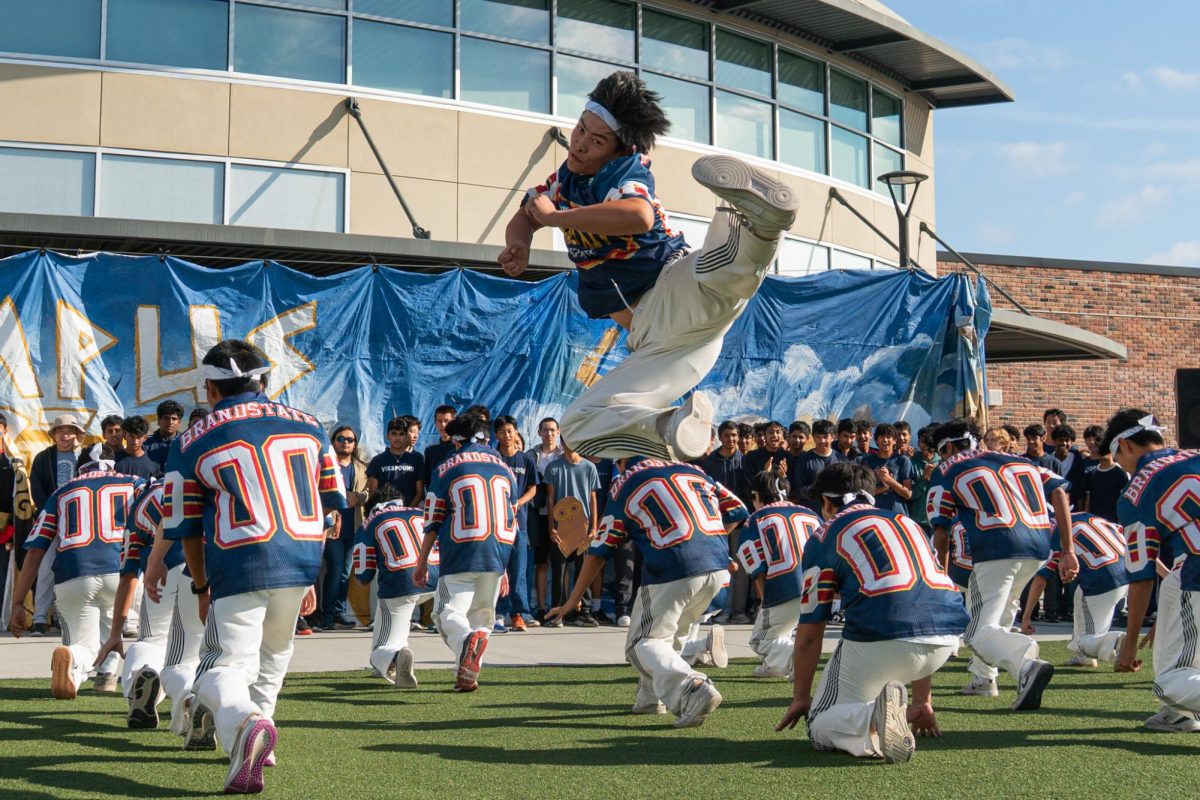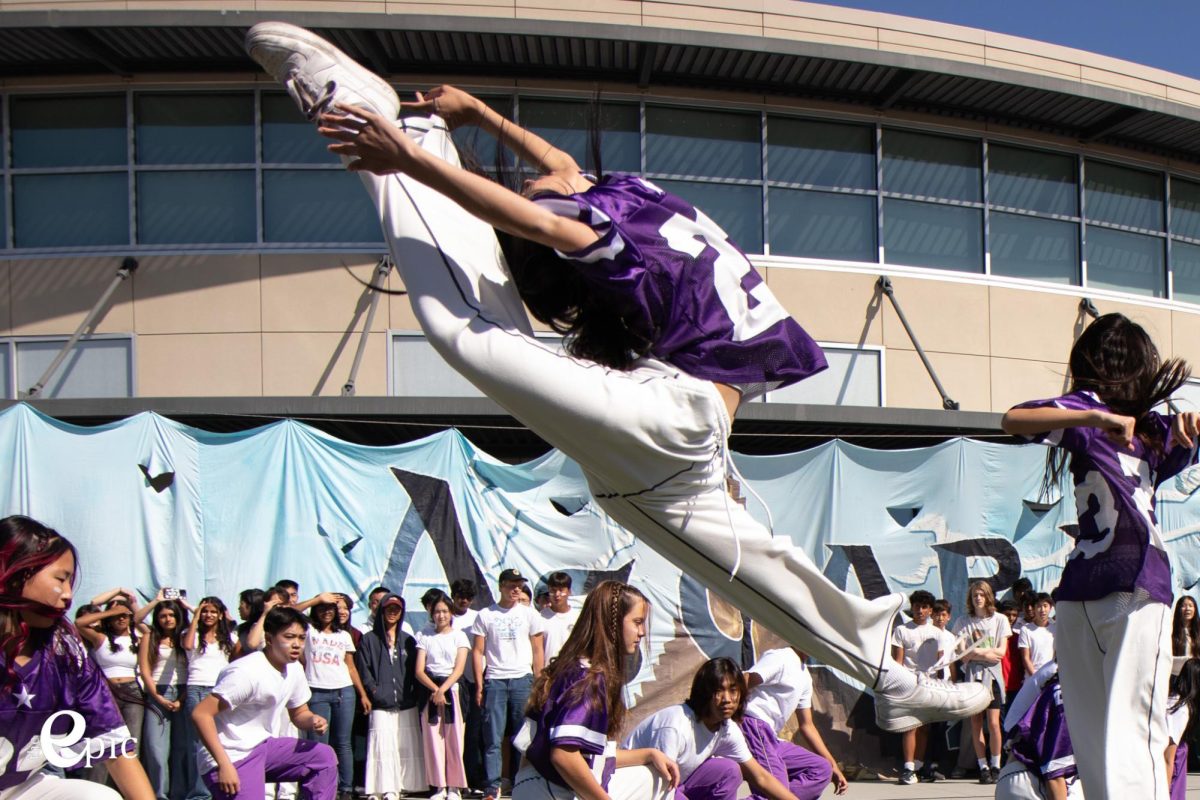As sophomore Srinikash Venkatasalapathi hurtled toward the ground while playing basketball, a searing pain shot up his leg. At first, he brushed it off, but the injury has since come to define his athletic journey. Being a student athlete is more than just fun; it also means adjusting to bad weather, mental stress and season-ending injuries. Students face these challenges at practices, persevering through difficult circumstances on a weekly basis by pushing their limits and leaning on their teammates for support.
Venkatasalapathi, who was previously a member of the cross country team, was devastated when an MRI revealed he had a torn meniscus. The initial recovery process was long and demanding, including surgery and one-and-a-half months on crutches. Despite this, Venkatasalapathi is determined to return to sports even stronger than before.
“My injury has taught me a lot about the importance of taking care of my body,” Venkatasalapathi said. “With proper physical therapy, I hope I can get back to cross country and track in the future.”
Aside from injuries, many outdoor athletes regularly face adverse weather at practices, which can disrupt training and increase injury risk. For example, practicing outdoors often leaves students vulnerable to cold weather, potentially affecting their health and performance. In the rain, baseball batting averages go down as the ball slips out of players’ hands, while soccer players may trip on the field.
“The turf gets really slippery,” sophomore and soccer player Aditi Satish said. “At first it’s cold and annoying, but you get used to it.”
In football, the scorching heat of August training sessions can be dangerous to athletes’ health. The sport already has a high risk of concussion, but wearing up to 12 pounds of suffocating gear in hot weather can also cause players to feel nauseated or even vomit.
Injuries, bad weather or simply the daily grind of a sport have also been known to affect students’ mental health. With 22% of student athletes in the United States reporting feelings of stress and anxiety, the mental challenges that come with playing a sport, including balancing athletics and academics, can lead to frustration and burnout.
“When you come home from a sport, all you want to do is relax,” freshman and baseball player Savya Churi said. “But you have to keep working and working. It gets exhausting.”
At the same time, sports statistically have an overwhelmingly positive effect on student mental health, and even academic performance. Physical activity is known to increase focus, memory and problem-solving skills, and gives students a healthy break from constant schoolwork.
“Mentally, sports give me a break,” sophomore Aarav Karasi said. “When your body is fit, you’re more likely to be mentally fit.”
The challenges student athletes face go far beyond the scoreboard. From weather-related disruptions to physical and mental health, they face obstacles that deeply impact them both physically and emotionally. But through personal growth, perseverance and prioritizing their overall health, students have built stronger teams and become stronger individuals.
“At the end of the day, I know we can get through this,” Churi said. “As long as we win the games, our team is happy.”





































































